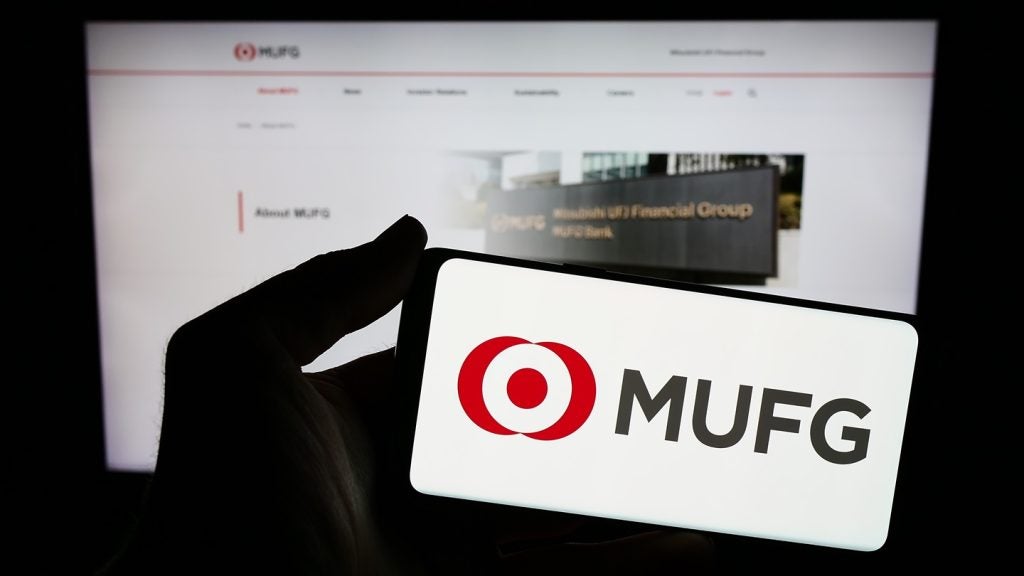Standard Chartered has underlined its financial strength
by raiding the job market for new private banking staff. Its wealth
and wholesale businesses have proved natural complements in a tough
climate – and may provide lessons for other players swamped with
cash by risk-averse clients.
Standard Chartered Private Bank is to recruit another 100
relationship managers globally, or a 30 percent increase, within
the next 12 months to accelerate operations in its fast-growing
markets. This makes the bank the biggest hirer currently in private
banking, taking the crown away from former high-growth rivals like
EFG International which are retrenching because of tough markets.
StanChart Private Bank currently has 350 relationship managers
globally.
In addition, Marianne Hay, former chief executive of Citi Global
Wealth Management for Europe and the Middle East, is to join as
head of its European private banking business. She previously
worked at Morgan Stanley, where she headed its private wealth
management group in Europe.
The extra hires are to support planned expansion in its key markets
in Asia, Europe and the Middle East, in response to increasing
demand from high net worth individuals for the bank’s services, it
said, in a statement.
Peter Flavel, head of StanChart private bank, declares the “current
market dislocation” is highlighting distinct opportunities for his
bank: “We are seeing ‘flight to quality’ in terms of liquidity
across our markets. It has given us an opportunity to get closer to
our clients and increase the depth of our relationships.”
Flavel considers Standard Chartered as an attractive place for
senior advisers, based on its distinguished brand, local market
expertise and the bank’s outstanding performance so far in the
financial crisis. He stresses that the bank is focused on
leveraging existing client relationships in the group’s businesses
– wholesale banking, SME and priority banking.
How well do you really know your competitors?
Access the most comprehensive Company Profiles on the market, powered by GlobalData. Save hours of research. Gain competitive edge.

Thank you!
Your download email will arrive shortly
Not ready to buy yet? Download a free sample
We are confident about the unique quality of our Company Profiles. However, we want you to make the most beneficial decision for your business, so we offer a free sample that you can download by submitting the below form
By GlobalData“Relationship managers understand and like the power of that
strategy,” he says. “That means they’ll be able to speak with
potential clients who are already doing business with the
bank.”
Preferred hires will be candidates with exceptional people and
advisory skills and a commitment to building long-term partnerships
with clients, Flavel said.
“They’ve probably been with their existing bank for quite some time
and understand the latent opportunities that exist in Standard
Chartered,” he added.
Meanwhile, Standard Chartered is moving to reconfigure its mass
affluent wealth management operations, after what it describes as a
muted performance of late. Across much of Asia, investors have
taken big hits on structured products as well as highly-leveraged
instruments, depressing levels of new business for all banks.
At StanChart, the mass affluent side of the business will be moving
to a client-household focus rather than the present largely
investment product-led approach, PBI understands. In future, the
premium mass affluent strategy will look to meet all of the needs
of the client, not just their investment requirements.
StanChart, driven by the strength of its wholesale business, has
been one of the top performing banks since the onset of the
financial crisis. But its wealth management operation, along with
much of its consumer banking business, has failed to maintain the
same momentum.
In 2008, consumer banking operating profit fell $561 million, or 33
percent, to $1.12 billion on static revenues and rising costs,
while the wholesale bank increased profit by $654 million to $3
billion, or 28 percent.
The bank has been working on developing its capital markets
business, and recently hired Henrik Raber, previously co-head of
European credit flow sales and trading at UBS. The strategy is seen
as a sensible one for wealth managers, who are stuck with
increasing amounts of cash and near-cash instruments on their
balance sheets because of risk aversion among clients.
While smaller wealth players have historically been unsuccessful in
developing this side of their business, the margins in corporate
lending are currently high and it is seen as an appealing
opportunity if it can be executed effectively. The bank says that
while it has seen demand dropping in its wholesale business,
competition between banks across capital markets is falling at a
faster rate.
“Some smaller private banking players may look at Standard
Chartered, and the success they’ve been having in their wholesale
business, and think about using some of that capital they’ve
acquired recently by developing a capital markets business,” said
an industry figure.
“You can make decent money out of cash, putting it to work in
overnight markets, but you can do much better if you move into
areas like corporate lending. The only problem with that is you can
make 80 good loans, but if one turns sour you’re back to square
one.”









